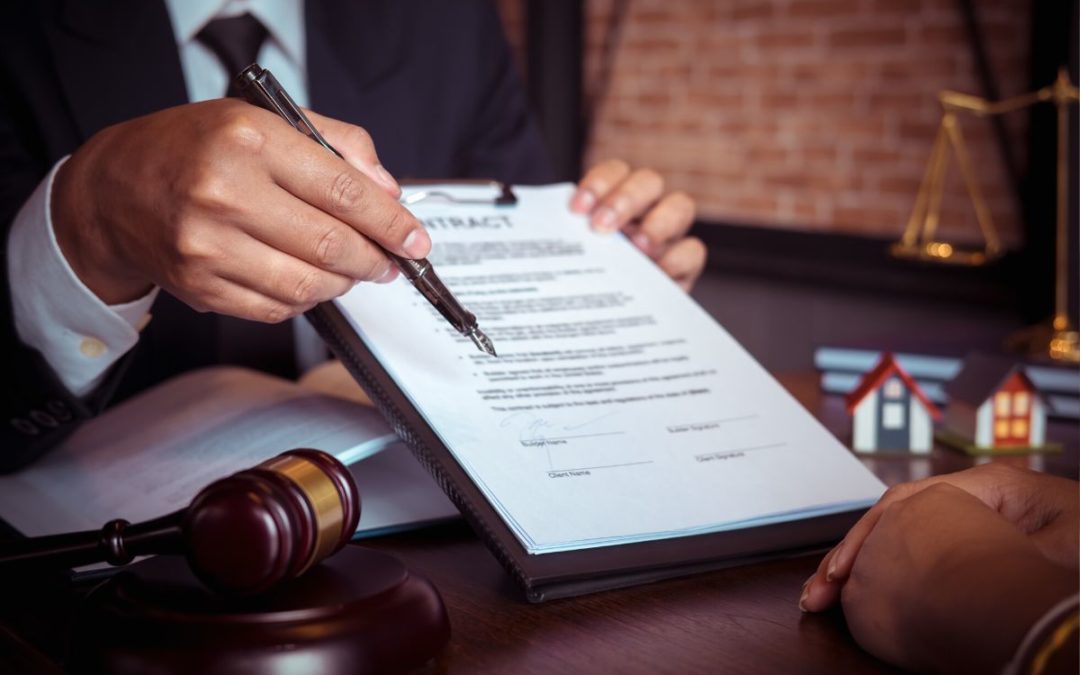A Notary Public and Justice of the Peace are both individuals who offer services in order to verify identity and authenticate true copies of documents. To ensure that you are receiving the most appropriate service, however, it is essential to identify the differences between the two.
What is a Justice of the Peace?
Justices of the Peace (JPs) are volunteers appointed by the Governor of New South Wales and represent all sections of the community. As such, an Australian citizen over the age of 18, who is of good character, nominated by a New South Wales Member of Parliament and meets the other criteria stipulated by Service NSW, is eligible to apply to become a JP. The primary role of a JP involves acting as a witness to the signing of documents such as statutory declarations or affidavits, as well as certifying true copies of documents.
What is a Notary Public?
A Notary Public is a senior solicitor of at least five years, who has been appointed by the relevant Supreme Court of the State or Territory with respect to the Public Notaries Act 1997. A Notary must have completed the Notarial Practice Accreditation program. The role of a Notary Public (sometimes referred to as a Public Notary) has been in existence for approximately 800 years.
A Notary Public can provide a range of services including:
- Authenticating documents to certify their proper execution so they may be used within Australia or internationally
- Certifying legal documents such as Contracts, Deeds, Wills and Powers of Attorney which may be used within Australia or internationally
- Verifying documentation for use in Australia or overseas
- Administering oaths for the giving of evidence
- Witnessing statutory declarations
- Preparing and notarising ship protests.
What is the difference between a JP and a Notary Public?
The main difference between the two is that documents authenticated by a Notary Public may be recognised and accepted overseas. Documents verified by a Justice of the Peace may only be recognised in Australia.
It is also worth noting that JP services are free of charge whereas those of a Notary Public follow a recommended schedule of fees relevant to their State or Territory. Please visit the Society of Notaries of NSW website to learn more about the recommended fees for notary services in NSW.
Who should you go to?
You should go to a JP when you require an authorised person to witness you signing a statutory declaration or affidavit, or when you need to certify copies of original documents for use within Australia. It is important to note that JPs are prohibited from offering legal advice. If a JP provides legal advice and they are not an Australian Legal Practitioner, they will be in breach of the Code of Conduct for JPs in NSW and committing an offence under s14 of the Legal Profession Act 2004 No 112.
If your document needs to be authenticated with legal assistance or for use overseas, you must visit a Notary Public. Whilst Notaries do not always provide legal advice on the document being notarised, they do possess legal expertise which makes them invaluable to guiding clients.
Apostille for use of Notary documents overseas
If your documents need to be recognised and accepted by overseas businesses, governments or courts, you must have your documents legalised by a Notary Public and then apostilled by the Department of Foreign Affairs and Trade (DFAT). Documents certified by a JP will not be accepted by DFAT because JPs are not recognised under overseas law.
Examples of commercial documents that need to be notarised for use outside of Australia include:
- Overseas trade documents (letters of credit)
- Contractual arrangements between foreign businesses (transfers of foreign assets, property and land)
- Matters concerning international trademarks, copyright or patent applications.
Examples of personal documents that require a Notary Public’s action for use overseas may include:
- The certification of passports
- Academic transcripts and testamurs
- Citizenship certificates and consent to travel documentation
- Probate documents where overseas assets form part of an estate
- Overseas police checks.
Attending a Notary Public or JP appointment
When attending a Notary Public or JP appointment, the true identity of the person having their documents authenticated must be verified. This means that you will need sufficient identification documents such as your driver’s licence, passport, Medicare card or original birth certificate, to verify your identity.
Additionally, neither a JP nor Notary Public may witness a document that has already been signed. The act of signing must be witnessed by the JP or Notary Public at the time of signature.
A Notary Public must also make an informed decision that the signatory is not legally incapacitated and understands the nature and effect of the document being signed and/or attested. To learn more about Notary Public services, please refer to our website for more information.
How Etheringtons Solicitors can help?
Etheringtons Solicitors provides both Notary Public and Justice of the Peace services in their North Sydney office.
If you require either a Notary Public or JP service, please submit an enquiry using our online contact form or call our office on 02 9963 9800.

